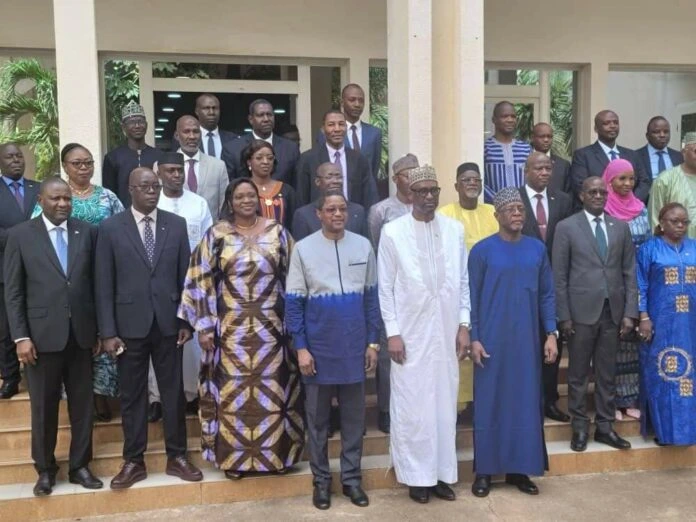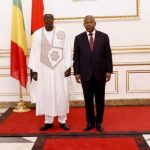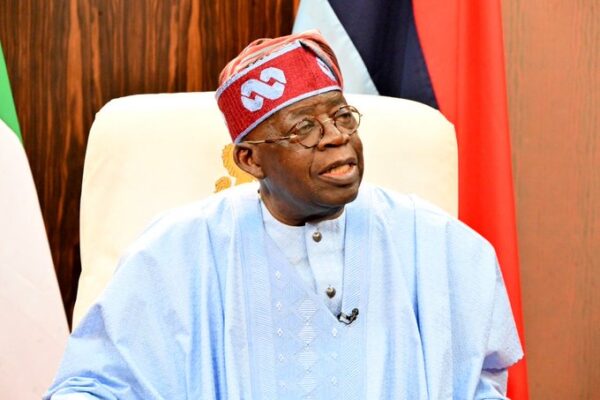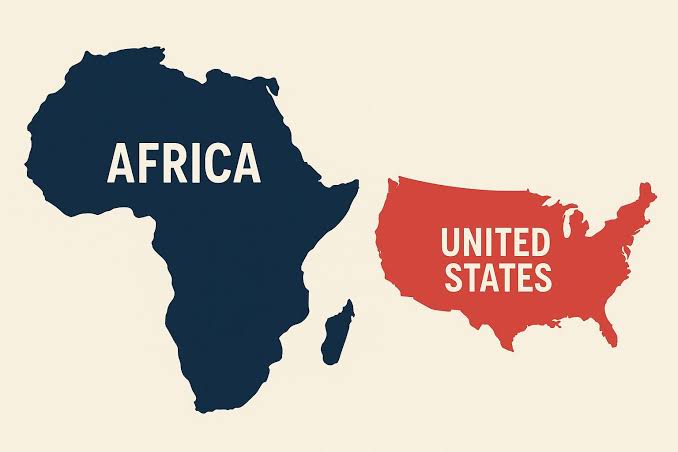
AES Alliance Presents “Effective Alternative” to ECOWAS and Others, Says Expert

Ivan Lochkarev from the Moscow State Institute of International Relations says the Sahel States Alliance(AES) is a promising alternative to the Western-led regional integration institution.
Lochkarev gave this in comments that followed Burkina Faso’s National Assembly approving constitutional amendments that should further facilitate the country’s entry into regional alliances like the AES.
He criticised other African alliances, such as the Economic Community of West African States and the East African Community, as often being outright copies of Western models without changing according to the changeability of local needs.
This alliance will set an example for the rest of the African regions, Central Africa, East Africa, partly South Africa, in particular, where the Western format of regional integration is still being reproduced, he said.
Many of the documents published by African alliances are mainly reproductions of European Union frameworks… AES sets standards and directions in which the three countries of the alliance move along so that they can address regional issues, especially socio-economic instability, poverty, transport accessibility, and food security. In his opinion, decisions made during the meetings of members of the AES can be significant, he told Sputnik Africa.
With the new constitutional amendments adopted in Burkina Faso, joining the regional alliance could be more accessible, whereby any future membership could be sanctioned either through a national referendum or, in urgent cases, by three-quarters of the National Assembly members.
These changes have come as the country moves toward increased regional collaboration within the framework of the AES alliance, which also includes Mali and Niger.
According to Lochkarev, what is remarkable about the AES alliance is that it has not restricted itself to declarations but has taken tangible steps toward receiving economic control within its borders.
Already, some licenses have started being revoked for Western companies, and new rules are being implemented regarding the right to mine, with the condition that mineral resources should be utilised in such a way that they correspond to national interests. Mining, metallurgy, cotton, and energy-precisely the real sectors of the economy that will help the AES secure economic independence and spur industrial development.
Considering a market of around 70 million people, Lochkarev views the AES as a powerful actor in international relations, capable of exporting primary resources. As he puts it, the spirit of cooperation embedded in such a merger could lead to decisions with tangible implications for the rise of production and industrialisation on the local level and stabilise the whole region.
Now it is about 70 million [the overall population in the AES], but taking into account the rate of population growth in these countries, this could literally be 100 million people in the near future, in a decade. And, accordingly, an even more capacious market with even greater needs, I repeat, again, with rather rare resources that are needed in the entire global economy, Loshkarev concluded.
READ ALSO: Suspension of Uranium Production by French Firm Orano is Irrelevant — Niger Govt
Niger Signs Deal With Russian Firm To Acquire 3 Satellites To Boost Sahel Security
About The Author
Related Articles
Bola Tinubu Administration Accused of Enabling Terrorism as NSA Nuhu Ribadu Pushes Terrorist Reintegration with Western-Funded Ex-Fighter Programs
The administration of President Bola Tinubu is running the country on autopilot...
ByWest Africa WeeklyMarch 1, 2026Sovereignty for Sale? African Leaders Under Fire for “Lopsided” US Health Deals Linked to CIA Mind Control Research
A diplomatic firestorm is sweeping across Africa after 17 nations signed on...
ByWest Africa WeeklyFebruary 27, 2026Zimbabwe Rejects $350m US Health Deal Over Sovereignty Dispute
Zimbabwe has formally withdrawn from negotiations on a proposed $350 million health...
ByWest Africa WeeklyFebruary 25, 2026Niger’s President Outlines Vision for Strategic Partnership with China
Niger’s Head of State, General Abdourahmane Tiani, has articulated a renewed vision...
ByWest Africa WeeklyFebruary 25, 2026












Leave a comment